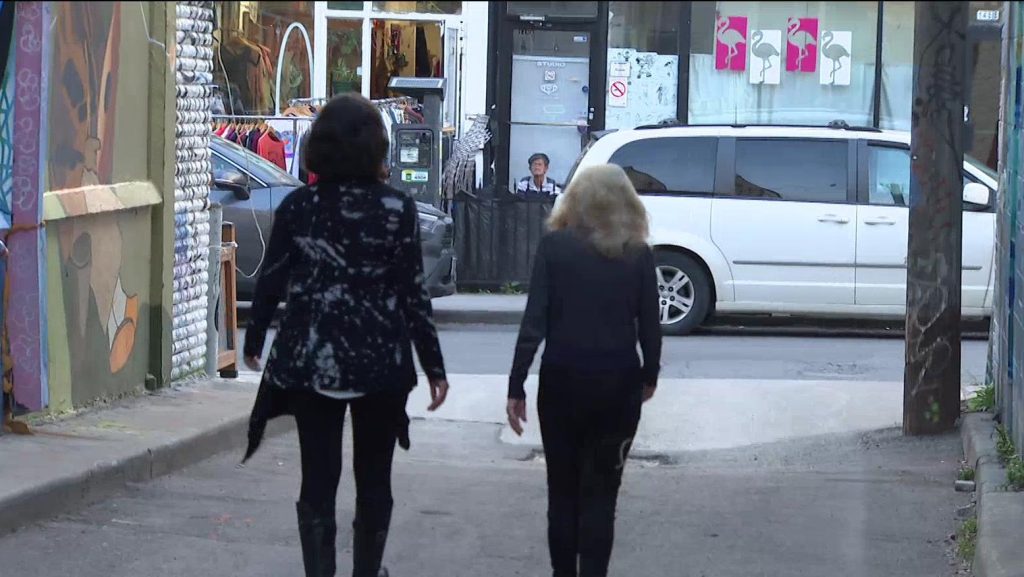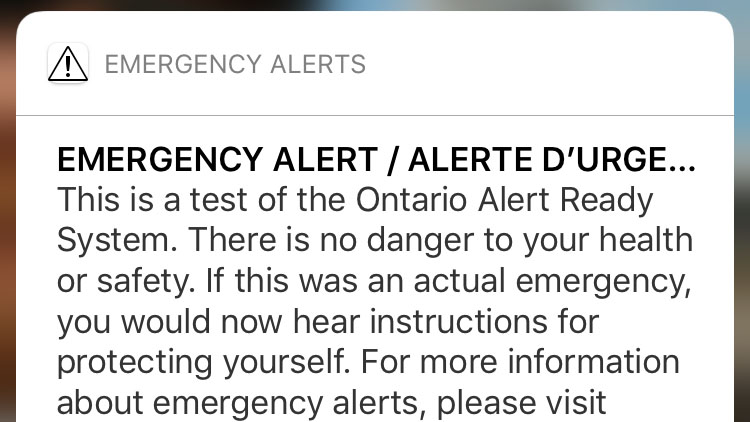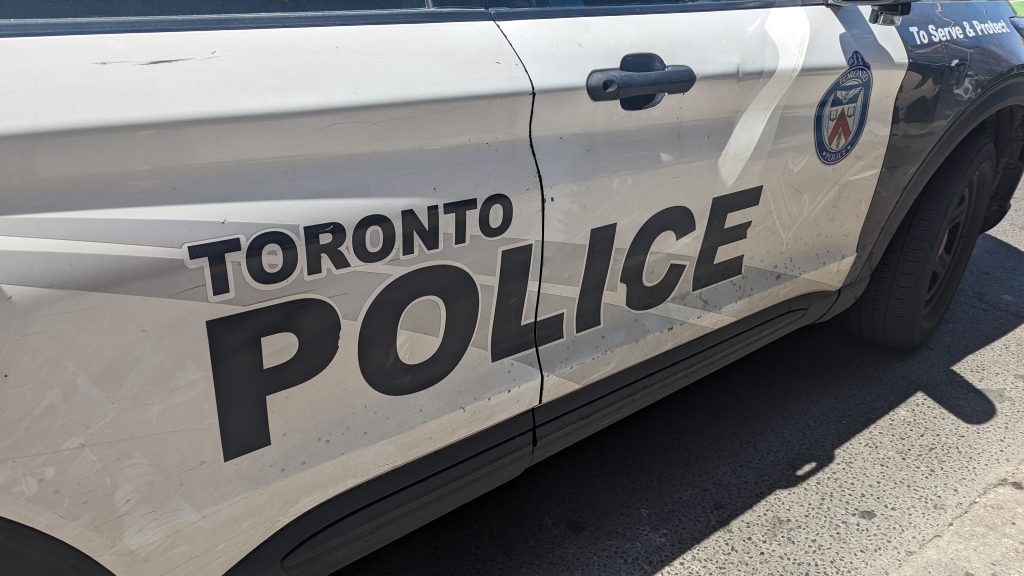U.S. to accept travellers immunized with vaccines approved by WHO, FDA, says CDC

Posted October 11, 2021 10:36 am.
Last Updated October 11, 2021 5:27 pm.
Canadians immunized against COVID-19 with the Oxford-AstraZeneca vaccine can visit the United States when new travel regulations come into play next month, but it’s not yet clear whether those with mixed doses will make the cut.
The Centers for Disease Control and Prevention said Monday travellers who have received shots of vaccines approved or recognized for emergency use by the World Health Organization and the U.S. Food and Drug Administration will meet the criteria for travel to the U.S. It did not say whether that included people who had received a mixed-dose regimen of approved vaccines.
“CDC will release additional guidance and information as the travel requirements are finalized,” said an emailed statement from spokesperson Jasmine Reed. Reed said the CDC began informing airlines of its decision last week.
Last month, White House officials said international travellers would be allowed to visit beginning in November as long as they were fully vaccinated. They did not say which vaccines would meet that criteria.
The FDA has approved three COVID-19 vaccines, and the AstraZeneca formula is not among them. It is, however, approved by the WHO.
The FDA also does not allow for mixing doses of Pfizer and Moderna.
More than 3.9 million Canadians have two different doses of Health Canada approved COVID-19 vaccines, not including Quebec which does not categorize data by vaccine product.
Of those, approximately 1.6 million had a dose of the AstraZeneca formula followed by an mRNA vaccine, data from the Public Health Agency of Canada shows. It’s not yet clear whether those who have received a mixed-dose regiment will meet the criteria.
The COVID-19 vaccines approved under the WHO’s emergency use listing have only been assessed as single product regimens, meaning people receive the same vaccine for both shots.
But the agency’s Strategic Advisory Group of Experts on Immunization recommends mRNA vaccines – Pfizer-BioNTech or Moderna – can be used as a second dose following a first dose with the AstraZeneca vaccine if a second dose of AstraZeneca is not available.
The CDC did not respond to The Canadian Press’s inquiries by the time of publication.
The National Airlines Council of Canada is nevertheless applauding the CDC’s decision.
“As countries move forward and recognize WHO approved vaccines, it underscores the critical need for the Canadian government to do likewise, and accept the global standard established by the WHO,” said Mike McNaney, the group’s president and chief executive officer, in an emailed statement.
Ottawa recognizes the Moderna and Pfizer-BioNTech mRNA vaccines, as well as the AstraZeneca and Johnson & Johnson vaccines, but not the WHO-approved Sinopharm or Sinovac shots. The CDC decision means U.S. officials will recognize all six.
A spokesperson with Global Affairs Canada said Ottawa “respects the right of the United States to determine its border restrictions.”
“The government of Canada is working with partners, including the United States, to advocate for the recognition of Canada’s successful, science-based vaccination strategy abroad, which includes mixed vaccination schedules, extended dose intervals and a portfolio of safe and effective vaccines,” Genevieve Tremblay said in an emailed statement Saturday.
The new travel rules in the United States replace Trump-era travel bans that restricted visits to the U.S. by those who had recently been in the United Kingdom, the European Union, China, India, Iran, Ireland, Brazil and South Africa.
Passengers will have to show proof of vaccination before boarding, as well as a negative COVID-19 test taken no more than three days before departure.










